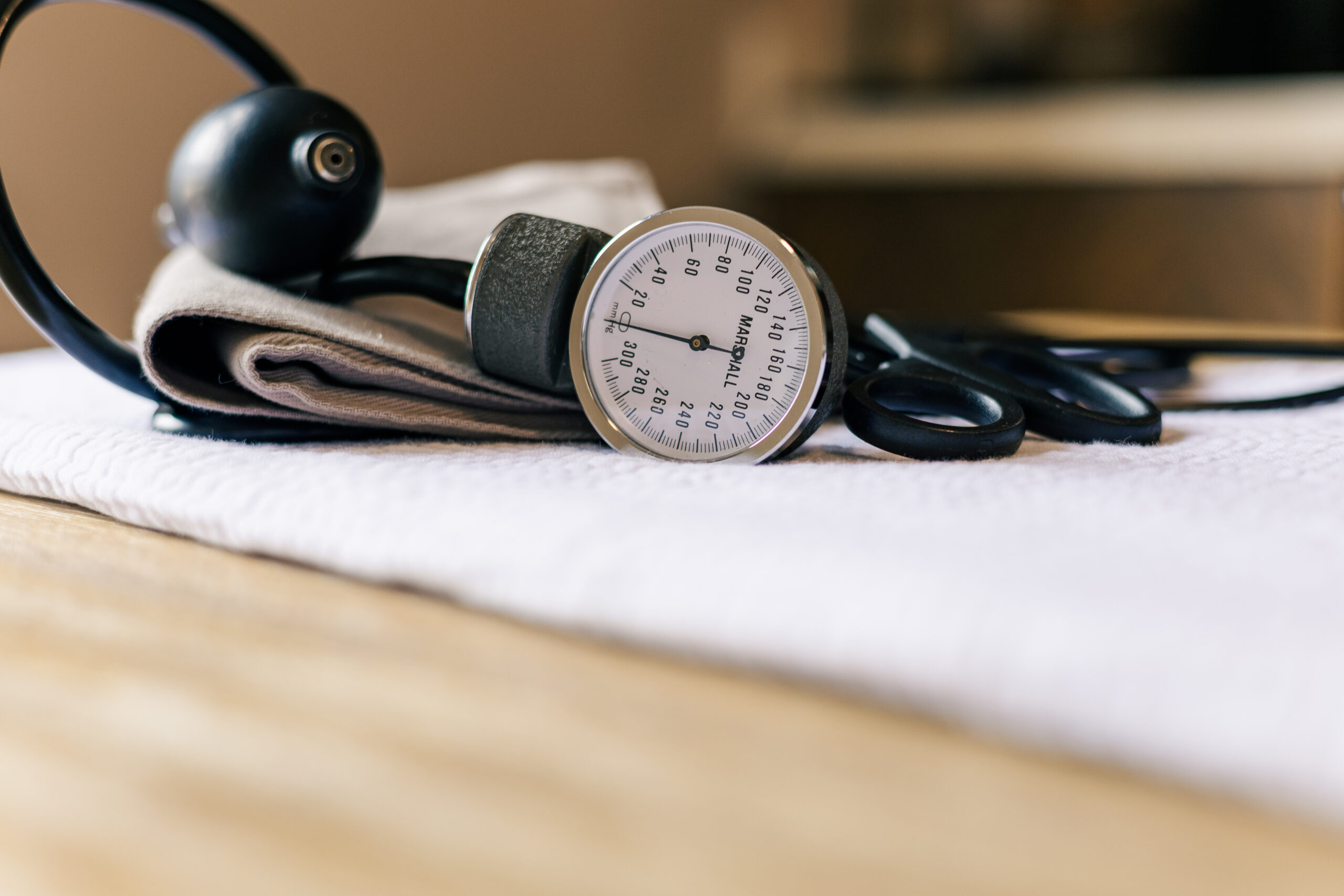My 12-Hour Shift
It’s 5:00 AM, I awake with a sudden jerk, and my heart is pounding out of my chest. I can’t see. So I use my fingers to trace objects until I find the source of the abrupt sound: my alarm on my phone. I silence it and then hit the ground running. I get dressed, brush my teeth, pack lunch, make coffee, read my Bible, and then get in the car. Once I’m at work, I try to drink as much of my coffee as possible because I know it will be cold before I finish it.
My stomach is turning because I am anxious. I quietly pray to God that it will be a good day and to please protect my patients and me. To lead and guide me through whatever situation occurs during this 12-hour shift. After meeting patients and family, I pass meds, do assessments, attend meetings, place IVs, and do other skills.
On lucky days, I can sit down for my lunch at 3 PM or 5 PM. Only to get phone calls as soon as I take my first bite of food of the day. Then, I must get up, address the situation, and finish the shift. While driving home, I can finally take a deep breath and sit in silence. After getting home, I eat, go to sleep, and do it all over the next day.
Does this sound familiar to you? Whether you work at a hospital, bank, manufacturing plant, school, or home, this might still describe your day.
The Effects of this Lifestyle
Little did I know I was destroying my health and being awful to my body.
I started the day by waking with my sympathetic nervous system, aka “fight or flight”, in full swing. Outwardly, my heart rate and respirations increased. Inwardly, my sympathetic system was dumping cortisol, a stress hormone, into my bloodstream.
Cortisol releases glucose, increasing my fuel so I would have the energy to fight whatever was theoretically in my way. I didn’t eat breakfast within the first 30 minutes to an hour of waking, so my body continued to stay in the sympathetic system because my body interpreted this as a survival situation where food was not available.
My mind is telling the body there is no food. We need to use the glucose we have stored (glycogen) to produce the energy we need. Then I go into a stressful situation called work, which only continues this process. As my blood glucose through the day continues to have stiff peaks and plummeting troughs, I feel awful, and so does my metabolic system. I was running on stress hormones like cortisol and adrenaline. Now, I will say these stress hormones and the sympathetic system are important; they are what keep us alive and safe. My point is that not eating enough combined with these factors is not a sustainable lifestyle. Your body needs nourishment to combat the effects of stress. Not eating enough food not only affects your day but also your sleep.
Blood glucose effects at night
Because I needed to fuel myself more efficiently, I was tossing and turning throughout the night. I would wake up every few hours, especially around 3 AM. My body did not feel safe because my blood glucose was getting too close to becoming hypoglycemic. The body’s defense mechanism is to dump cortisol into the bloodstream to increase glucose levels when this occurs. The cortisol in my system would then initiate, you guessed it, the sympathetic system. Therefore, I would wake up. It is this vicious cycle that could be avoided just by giving our bodies proper nourishment throughout the day. This would sustain our blood glucose through the night until it is time to eat again after waking.
The story’s moral is that we must treat ourselves and our bodies better. They deserve better, and you are worthy of optimizing your health.
Steps to balance your blood glucose:
•Maybe change your alarm to something not so scary first thing in the morning.
•Eat within the first 30 minutes of waking up if possible. Trust me, I know it is hard to eat breakfast in the morning. I am one of those women who does not have an appetite first thing in the morning. But this is important to start your day off on the right foot.
•Make sure you pair a Protein with a Carb when you eat. Protein allows the glucose into the cell instead of sitting outside it where you cannot utilize it. Pairing these will also balance your blood glucose so that it isn’t spiking from eating only carbohydrates.
•Attempt to eat every 3 hours if possible. Decreasing the time between meals will maintain steady blood glucose rather than you crashing, forcing your sympathetic system to jump into gear.
One step at a time
These are just a few simple steps so you don’t get too overwhelmed trying to help your body feel better and have more continuous energy throughout the day. Remember, little steps are enormous progress!
Let’s nourish our bodies so that we have the energy and ability to glorify God in all the good works he leads us in.
Lord, thank you for designing us in such a specific way. You care about the details. You didn’t just throw us together recklessly because you are not reckless. We are intentionally knitted together in our mother’s womb with care by you. I pray the reader today knows how much you care for them. Thank you, God, for your love that we do not deserve. To you alone, the glory and praise, Amen.

